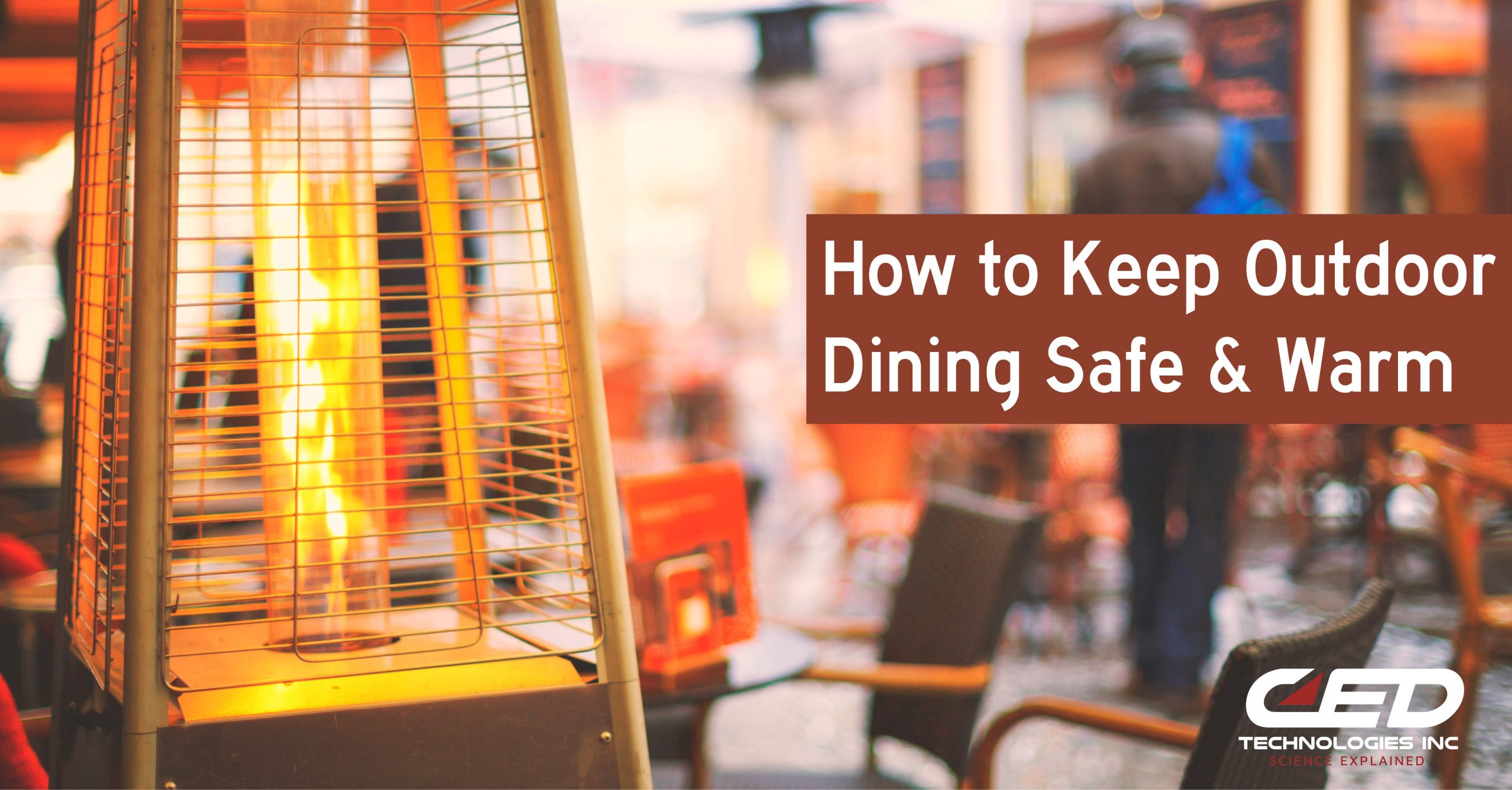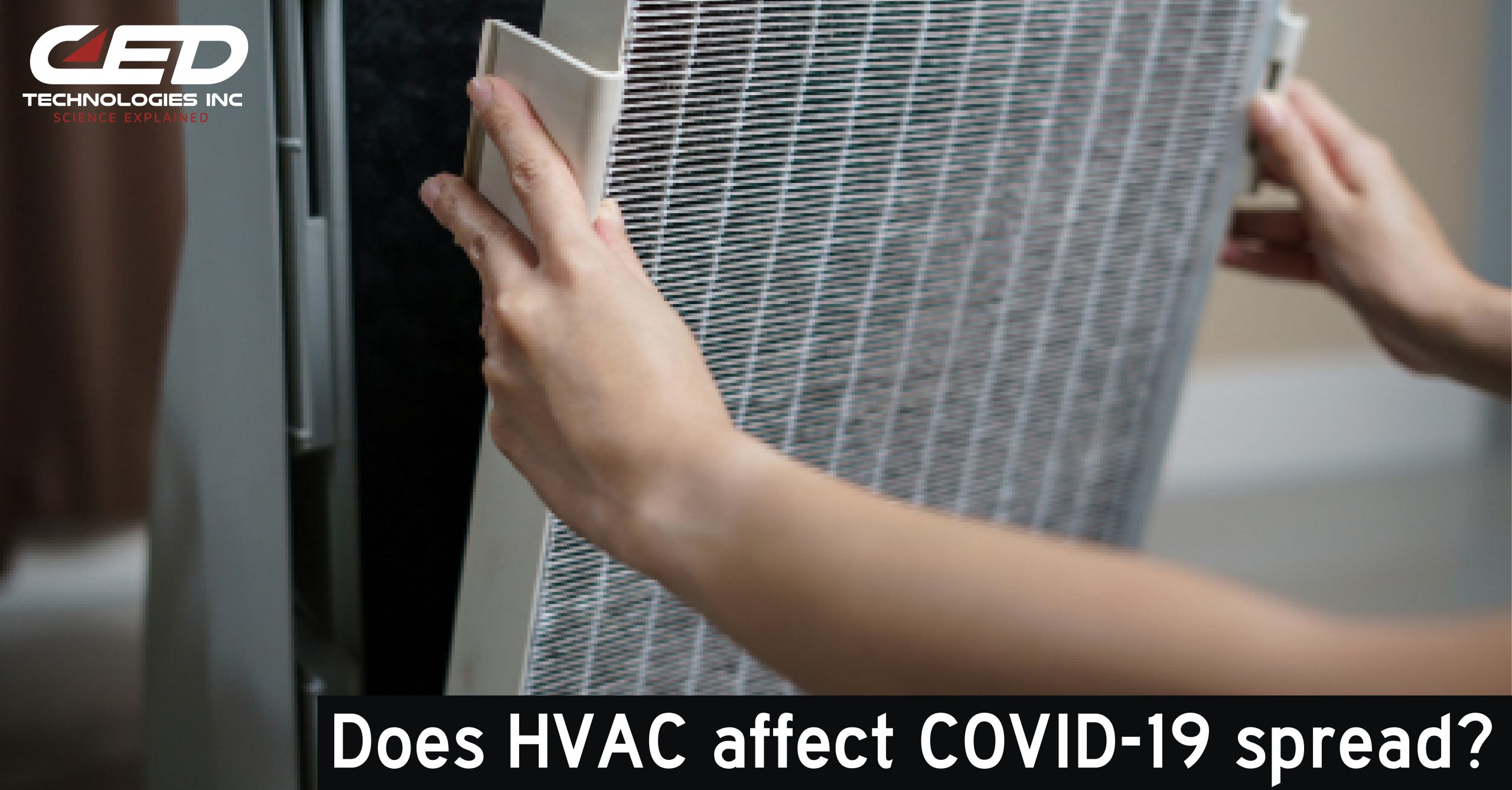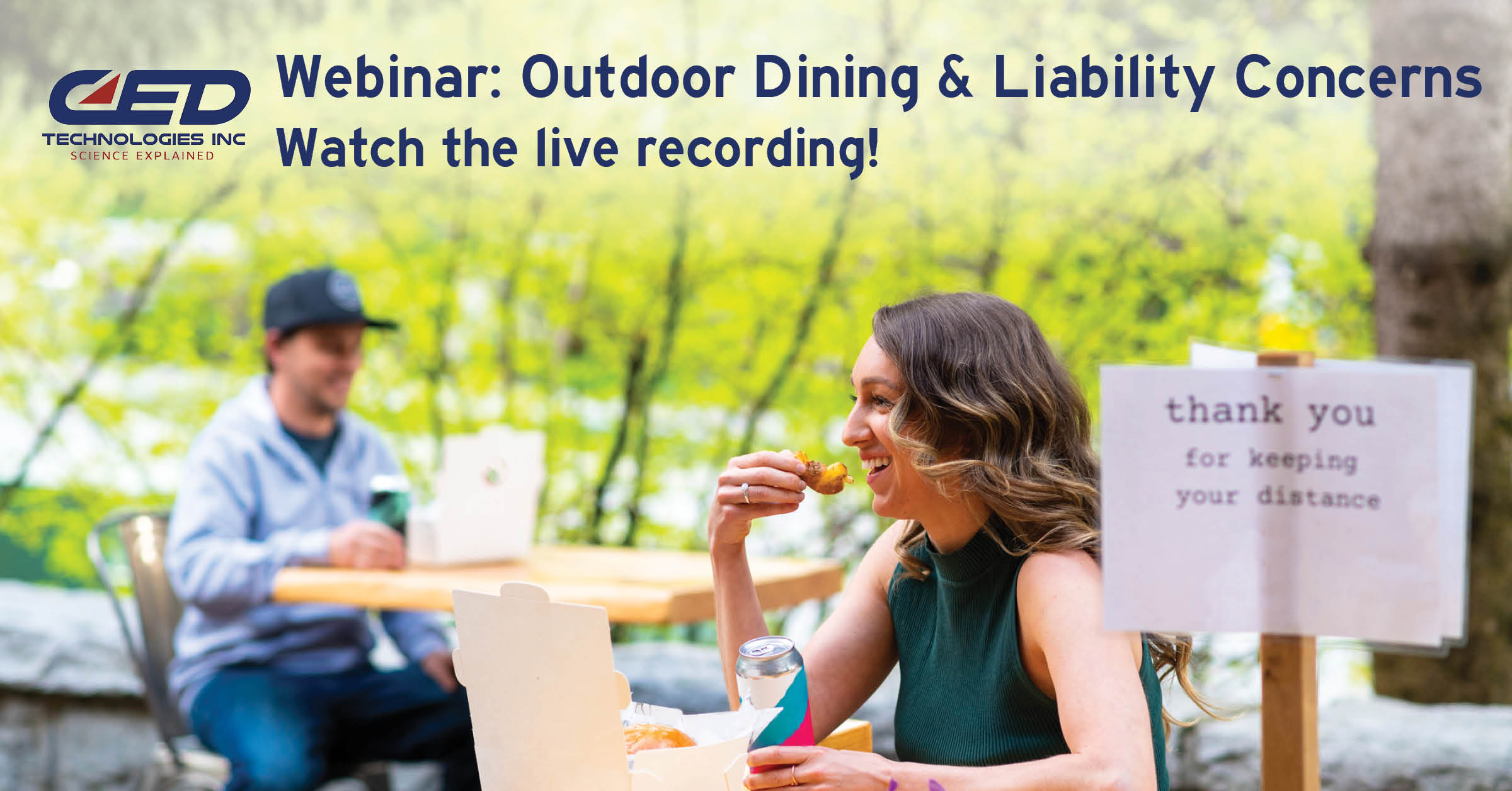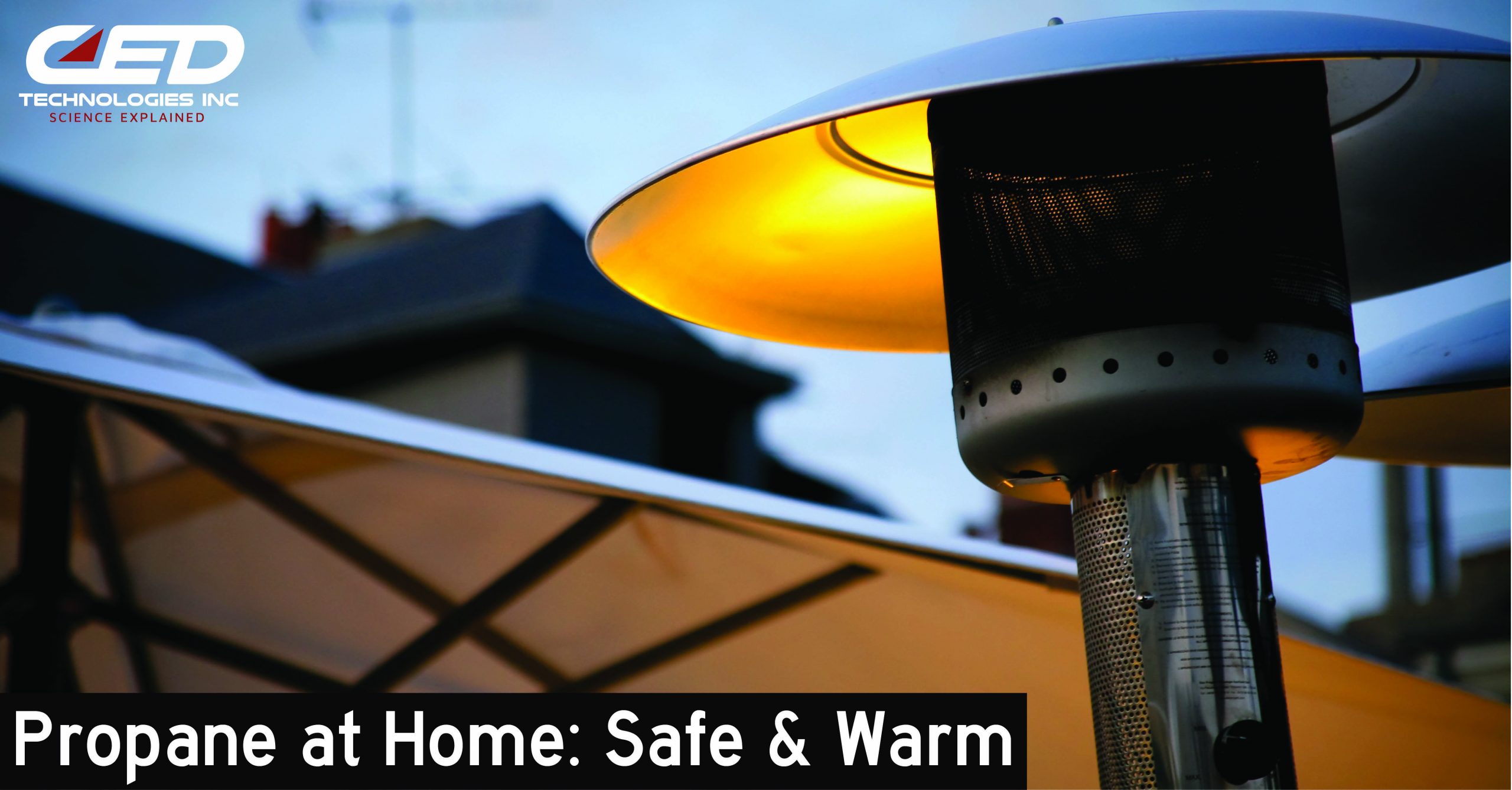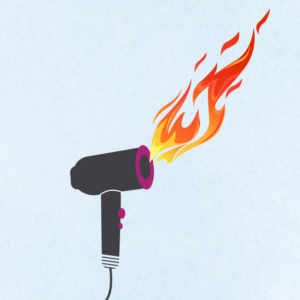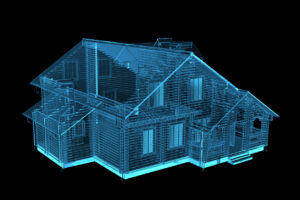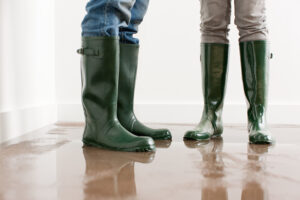For many restaurants across the country, outdoor dining has been a crucial step for keeping business open while adhering to Covid safety measures. Earlier in the year, CED presented a webinar on liability concerns for outdoor dining with social distancing. CED shared how outdoor seating regulations involved OSHA regulations on pedestrian egress and vehicle travel paths. With colder weather here, restaurants are adapting their outdoor dining again to keep patrons warm. Epidemiologists tell us that risk of transmission is lower outside, so it makes sense to try and keep outdoor dining an option as long as possible.
The solutions for prolonging outdoor dining into winter include portable heaters and tents, which can also pose dangers to diners and liability issues for restauranteurs. In New York City, for example, the use of electric heaters was previously permitted, and now restaurant owners will have access to detailed instructions on how to use propane and gas-fueled heaters, as well.
We’ve shared the dangers of propane gas grills, and similar safety measures should be taken for portable propane gas heaters. Restaurants in New York City, and likely other municipalities, will be following an application process to permit the use of propane and gas-fueled heaters for outside dining areas. New York City is also requiring that at least one restaurant employee obtain a certificate of fitness to supervise the use of these types of heaters. This is an important step in making sure these heaters, necessary for keeping diners warm outside, are used properly.
Even with outdoor dining, it’s important to maintain proper airflow in a tent. CED presented a webinar on the design and operation of heating ventilation and air conditioning (HVAC) systems as it relates to the concern of airborne transmission of respiratory droplets (COVID-19). A similar approach should be adapted to outdoor dining setups to reduce recycled air flow.
CED’s engineers have reviewed cases involving product liability, like malfunctioning heaters, and premises liability, like poorly marked parking lots and dining areas. With proper safety precautions in place, guided by local and state regulations, diners can continue to enjoy their favorite restaurants, all while staying safe and warm.
Click Here To See Our Full List of Experts Click Here To Submit an Inquiry about a possible Claim or Case.
